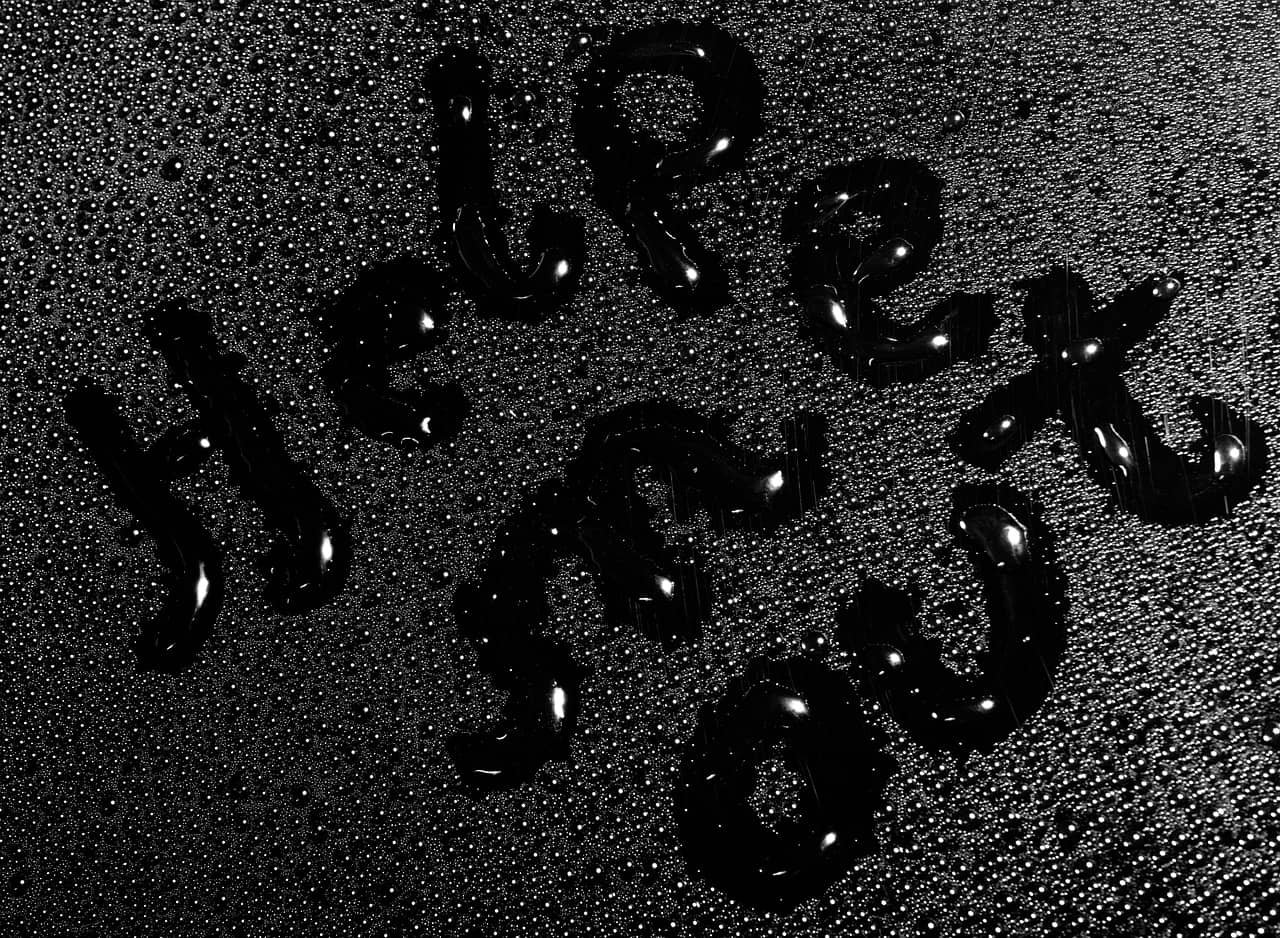
Recognizing the early signs of depression
Recognizing the early signs of depression can be crucial for timely intervention and support. While individual experiences may vary, some common early indicators of depression include:
- Persistent Sadness or Low Mood: Feeling consistently sad, empty, or hopeless for most of the day, nearly every day, is a hallmark symptom of depression.
- Loss of Interest or Pleasure: Losing interest in activities or hobbies that were once enjoyable, along with a diminished ability to experience pleasure (anhedonia), can be early signs of depression.
- Changes in Sleep Patterns: Insomnia (difficulty falling or staying asleep) or hypersomnia (excessive sleeping) can occur in individuals with depression. Changes in sleep patterns, such as sleeping too much or too little, can be indicative of underlying emotional distress.
- Changes in Appetite or Weight: Significant changes in appetite or weight, either an increase or decrease, can be associated with depression. Some individuals may experience a decrease in appetite and weight loss, while others may experience increased cravings and weight gain.
- Fatigue or Loss of Energy: Feeling constantly tired, even after adequate rest, and experiencing a general lack of energy or motivation can be early signs of depression.
- Difficulty Concentrating or Making Decisions: Depression can impair cognitive function, leading to difficulties with concentration, memory, and decision-making. Individuals may find it challenging to focus on tasks or make simple decisions.
- Feelings of Worthlessness or Guilt: Persistent feelings of worthlessness, self-blame, or excessive guilt, even when there is no clear reason for these emotions, are common in depression.
- Irritability or Restlessness: Some individuals with depression may manifest symptoms of irritability, agitation, or restlessness, rather than overt sadness. They may become easily annoyed or frustrated over minor issues.
- Physical Symptoms: Unexplained physical symptoms such as headaches, digestive problems, or chronic pain that do not respond to treatment may be linked to depression, especially when they occur alongside emotional symptoms.
- Social Withdrawal: Withdrawing from social activities, avoiding friends or family, and isolating oneself from social interactions can be early signs of depression. Individuals may feel a sense of disconnect from others or have difficulty engaging in social interactions.
It’s important to note that experiencing one or more of these symptoms does not necessarily indicate depression. However, if these symptoms persist for more than two weeks and significantly impact daily functioning, it may be advisable to seek professional help from a healthcare provider or mental health professional for further evaluation and support. Early intervention and treatment can improve outcomes for individuals experiencing depression.